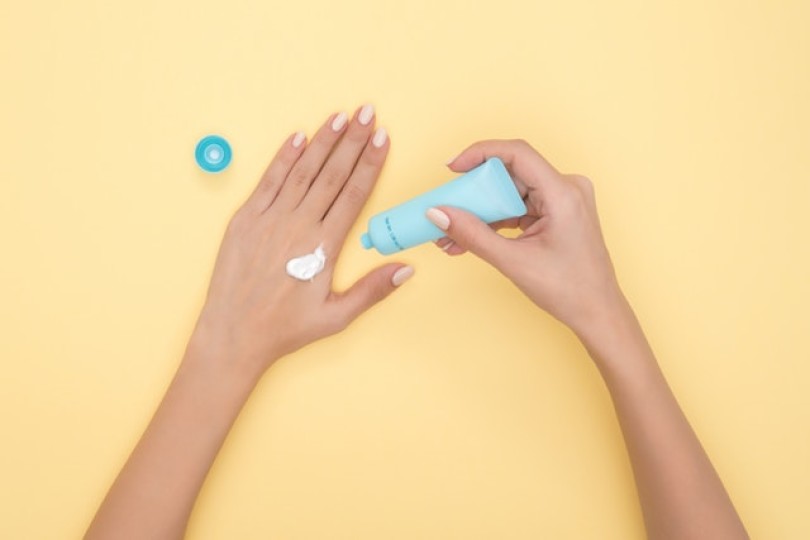22 Apr 24
Lab ChatLabworx
The Global News Source for the World of Science and Chemicals
Do “SUNSCREEN CHEMICALS” get into your blood
14 July 2019
Chem Chat
The chemicals used in sunscreen and sun-tan lotion could be infiltrating our bloodstream, according to a new study from the Centre for Drug Evaluation and Research, which operates under the umbrella of the US Food and Drug Administration (FDA). The researchers discovered that four different chemicals found in four commercially available sunscreens were present in levels above the government threshold for mandatory safety investigations.
While the results of the study were conclusive regarding the absorption of the chemicals, they did not reveal anything about how these chemicals affected the human body. As such, the study was intended merely as a prompt for the FDA to conduct further research into the potential side-effects of such absorption, particularly for those using sun care products on a regular basis, and should not be taken as a directive to avoid sunscreen use in the interim.
Illuminating results
The study, which was published in May in the medical journal JAMA, tested 24 volunteers over a weeklong period using four commercially available sunscreen products. Two of them were sprays, one was a lotion and one was a cream, but regardless of the medium, the participants were required to apply 2mg for every 1cm2 of skin over 75% of their total body surface area four times a day for four days. Meanwhile, samples of their blood were collected over a seven-day period.
The study was primarily interested in testing levels of avobenzone, ecamsule, octocrylene and oxybenzone in the bloodstreams of the affected individuals to ascertain whether concentrations of these active ingredients reached above 0.5ng/ml (products do not have to submit to FDA screening below this level). The findings showed that all four ingredients surpassed the FDA threshold on the very first day of testing, suggesting it is an area in need of further investigation.
UAE especially at risk?
In hot countries like the UAE, where people use large amounts of sunscreen on a daily basis, the news could potentially be troubling. However, at present, there is no immediate cause for concern, since it’s unclear what (if any) effect the chemicals have on the human body. It is now the duty of the relevant authorities to ensure absorption of these chemicals does not interfere with human hormones, alter blood types, damage the reproductive system or contribute to higher incidences of cancer (the very disease sunscreen was invented to avoid).
“I would not want people to stop using sunscreens based on this one study, especially individuals with fairer skin and people who are advised sunscreens for medical reasons,” explained Dr Sonia Wilson, a dermatologist at RAK Hospital in Ras al-Jaima.
“Darker skin types require less use of sunscreens than lighter ones due to several inbuilt mechanisms to prevent ultraviolet damage, like a thicker epidermis and larger amounts of melanin scatter that absorb ultraviolet radiation. However, it should be kept in mind that aggressive presentations of skin cancer are more often seen in darker skin groups.”
DOWNLOAD PDF

2 Day Seminar Program
@ ArabLab+ 2024
24 & 25 September 2024
Your stay in Dubai
Labkit
Product News
Chemkit
Product News
Thinking about exhibiting at ARABLAB 2024? Watch our video to find out more.
Join the world’s leading organisations…
Get in touch and stay in touch…
Join our mailing list and receive the ARABLAB newsletter and event updates.





















